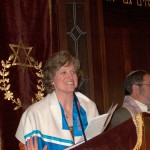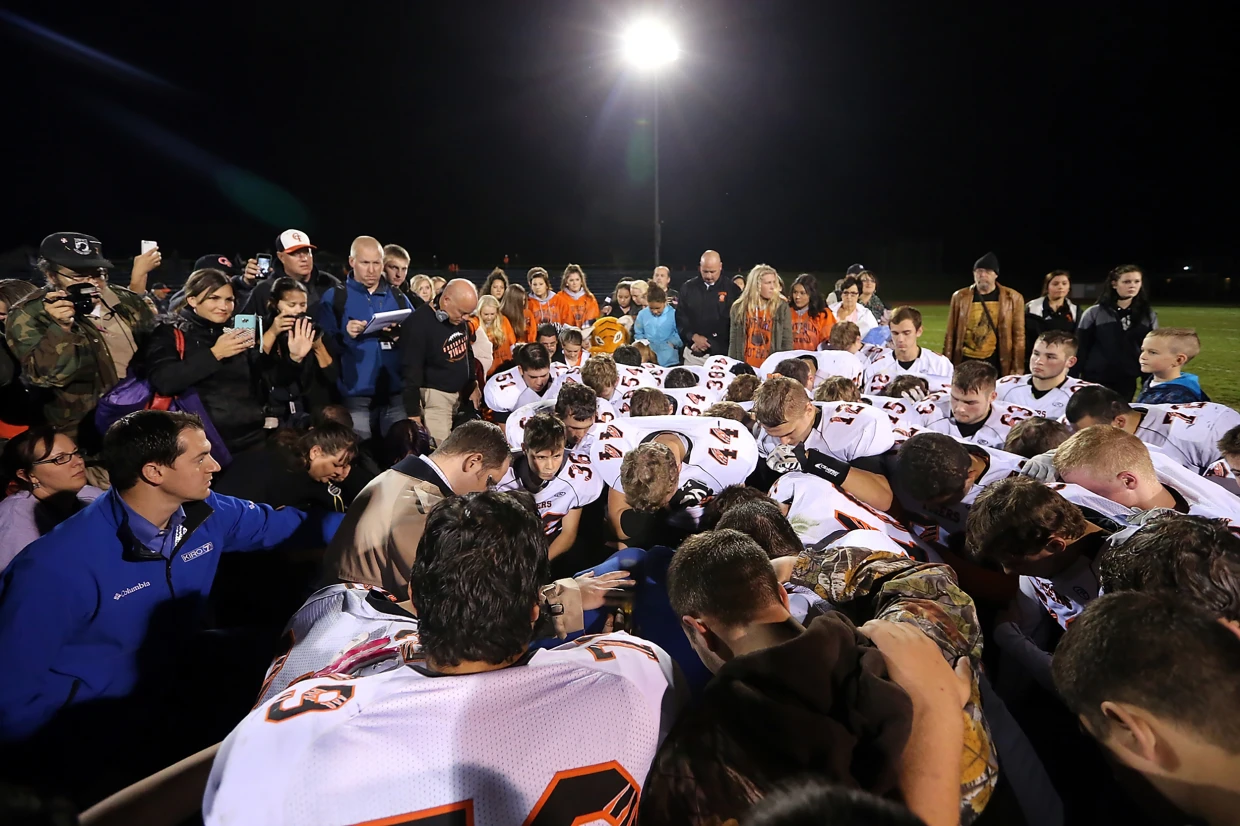January 17, 2013
A talented writer I know, Katherine Ozment, wrote a provocative piece in this month’s Boston Magazine about a disturbing trend. Young people increasingly are growing up with no connection to any faith. She counts herself and her children among this group, nicknamed the “Nones” because they check the “none of the above” box when asked to give their religious affiliation.
I once belonged more to the “Nones” than anything else. I checked Jewish on the box, but that mark was more about a cultural than religious identity. In my teens and through most of my 20s, I felt disconnected from Judaism. I was a religious school dropout at 12.
But at age 41, I was in a much different place. I belatedly celebrated my bat mitzvah. Between my 20s and early 40s, I became more attached to my faith and took the time to learn more about Judaism. I found community among Jews, not just at temple, but in singles groups, outdoors groups, and Jewish choirs. I agree with many points Ozment and others make in her article. People can form a community in many ways. Theater groups, musical organization, and even the workplace provided me with communities over the years. But, during the last decade, no community has been more intimate and special than my Jewish one.
I’ve gone to services to mark the anniversary of my brother’s death. He died in 1986, and I never went to temple during the first 10 years after his death. Now, I make a point to hear my brother’s name read in our temple, and know, just by hearing other names read, that I’m not alone. It’s a ritual I have grown to treasure.
Ozment writes about her young children growing up with no particular faith, but with a strong set of values. As a child, my parents did almost nothing in the home related to religion, though they sent us to religious school. Back then, that sent me the message that religion wasn’t that important in our home, which contributed to my lack of enthusiasm. My parents certainly instilled strong values in us.
By the time I became a mother, about five years ago, I was no longer a “none.” I was a connected Jew who loved the power of community and ritual organized religion could give. My husband and I, from the start, brought our son with us to temple services. Simon often asks us to take him to temple on Shabbat. He has grown to anticipate Jewish rituals we do in our home, like lighting Shabbat candles. He is more comfortable with clergy than I was as a child and eagerly exchanges hugs and high fives with our temple rabbis.
As a parent, my wish for my son is that he stay connected to the Jewish community through his childhood, through college, and adulthood. I want him to know how to find communal support from the Jewish community when he needs it – a lesson that comes with experience. I don’t want him to become a part of the demographic Ozment writes about when she says, “Some 35 percent of twenty-somethings now identify themselves as Nones.”
Religion left me with a bad taste in my mouth during childhood. I was bored in religious school. When my family moved from western New York State to a small town in Ohio, we were the only Jews in our school system. Other people’s religion was forced upon me in many settings, including my public school, where pastors came to lead assembles on Christmas and Easter. I wanted to hide the fact that I was Jewish more times than not. Religion provided no comfort. It brought ostracism, isolation, and pain.
So why do I find it disturbing that roughly a third of twenty-somethings don’t identify with a particular faith? Because when my brother died, I had no faith to turn to, no community to embrace me. I was a 20-something, finishing college. I had not yet established strong roots in a community and did not feel that attached to my hometown. Two decades later, I believe that it might have at least helped provide comfort if I were more connected to my faith and a congregation, if I had become accustomed to both celebrating life’s joys and sorrows using the rituals Jews wisely established centuries ago. Every religion has its rituals and community. I’m less worried about young adults growing up with no values than I am about them having nowhere to turn when things get rougher than they ever could have anticipated. Values, they likely will get from their parents.
In her article, Ozment writes at one point, “I knew I’d rather read the Sunday paper on the couch with my kids than get everyone off to church.” I understand that. Finding a way to make religion work into life is not easy. Making room for Judaism will only get tougher as our son grows older and becomes involved in sports or other activities. It would have been easier in the short term to stay more of a “None.” In the long term, though, I think my family’s life would have been harder.





